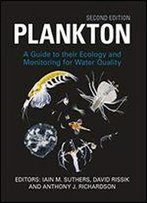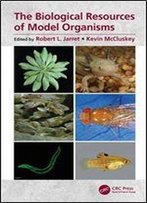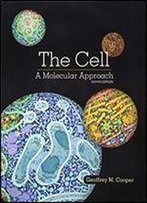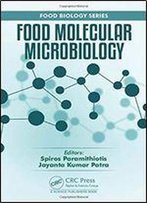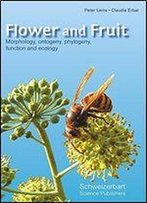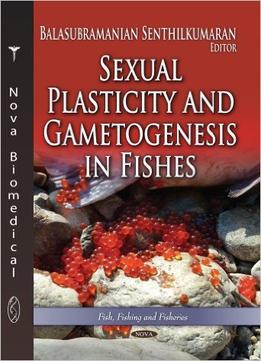
Sexual Plasticity & Gametogenesis In Fishes
by Balasubramanian Senthilkumaran /
2013 / English / PDF
7.4 MB Download
Sex determination, differentiation and gamete maturation are well organized molecular events in vertebrates. In vertebrates, sex determination and differentiation are two important events in the development of gonads (testis or ovary). Sex determination is the genetic (sex chromosomes) or environmental process by which the sex (male or female) of an individual is established. During embryonic development, primordial germ cells migrate from the site of origin to the gonadal primordia where they differentiate along with somatic cells and finally form the indifferent/bipotential gonads. Depending on the action of various factors the bipotential gonads give rise to either testis or ovaries. In most vertebrates, excluding fishes and some amphibians, the event of sex determination is controlled genetically and later the progression of gonadal development is controlled by hormones and other factors. Interestingly, these processes in fishes are controlled not only genetically but also through hormones or environmental factors. These characteristics make fish the champions of sex reversal and serve as excellent animal models to precisely understand sexual development. The next interesting aspect is meiotic maturation which is essentially mediated by gonadotropins and progesterone metabolites to trigger final gamete maturation in fishes which is different from mammals. The novel aspects pertaining to gamete maturation has been studied in great detail in fish which depicts precise regulatory events of gamete maturation.

